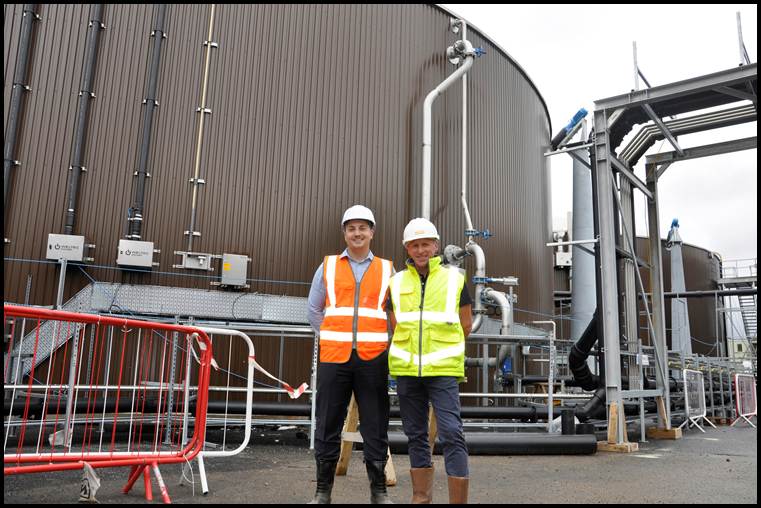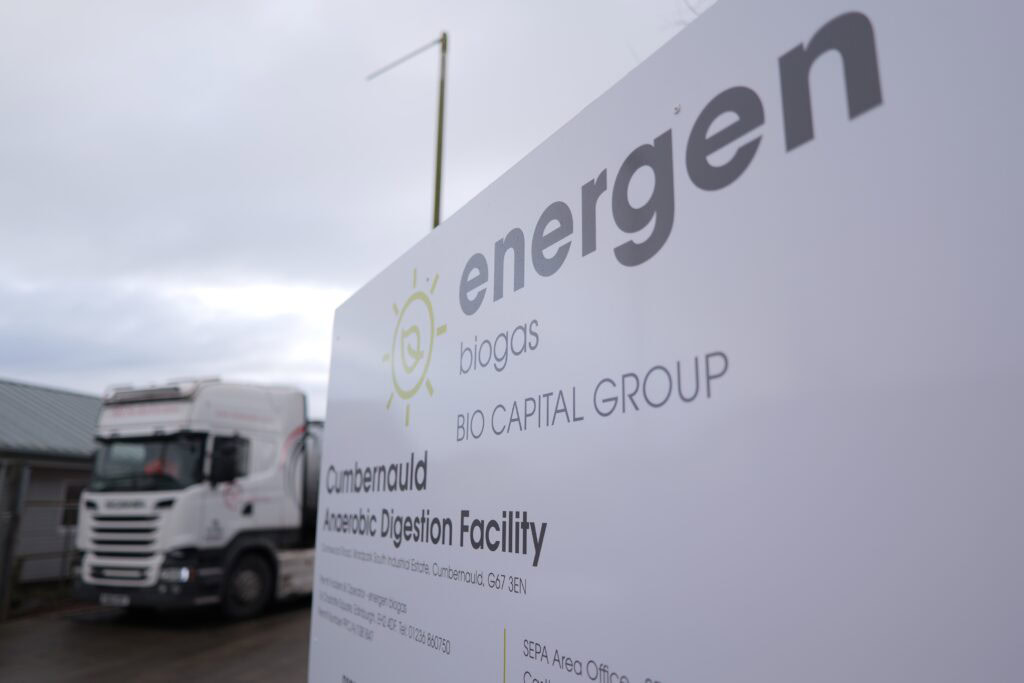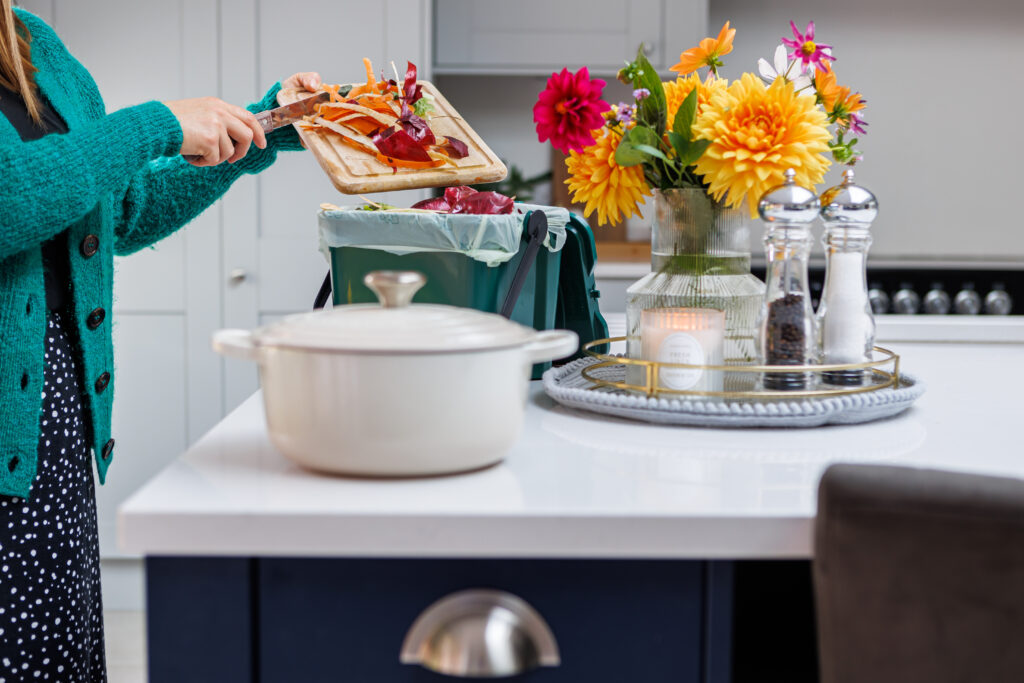The council said today the weekly service will be available to 93,500 households – about three quarters of the borough – being phased in ward by ward from October 18, starting in Acton Central. The roll out is expected to be completed by Easter 2006.
” We still have a long way to go towards meeting our recycling targets “
– Earl McKenzie, LB Ealing
A series of roadshows is being held throughout October to explain the scheme to residents.
Households will be given a 21-litre sealable bin, which prevents spills and odours, for the collection of any food, including raw and cooked materials, dairy products, meat, fish and vegetables.
WLC
Collected by contractor ECT Recycling on the same day as weekly green boxes are picked up containing dry recyclables, the food waste will be sent to West London Composting for treatment.
The West London Composting facility was closed for odour problems last month, but after re-opening is to continue taking household waste. The company said the problems had been caused by commercial waste (see letsrecycle.com story).
The scheme is being driven by the government's Landfill Allowance Trading Scheme, which is forcing local authorities to cut down on the amount of biodegradable material they send to landfill (see letsrecycle.com report). One of six boroughs within the West London Waste Authority, Ealing must help the Authority cut biodegradable landfill from 524,917 tonnes this year to just 329,450 tonnes by 2010 and 219,437 tonnes by 2013 under LATS.
On top of this, Ealing has been set a statutory target for 2005/06 to recycle 30% of the 150,000 tonnes of household waste produced each year. The borough achieved little over half its 20% target in 2003/04.
Essential
Ealing council said food waste collections will be “essential” to avoid government penalties in the coming years, warning: “If action is not taken now, these fines could run into millions of pounds by 2010. Ealing has received funding from Defra via the London Recycling Fund to support the new collection service.
Cllr John Delaney, Ealing's cabinet member for environment, said: “It is hugely important because it will save the council money and benefit our residents and the environment.”
| Related links: |
Ealing has said it is targeting food waste before plastics or cardboard because it is heavier and makes up a higher proportion of the average bin. The council believes about a quarter of the household bin is filled with food waste, compared to 6% plastics and 7% cardboard.
However, it told residents it is “currently looking at how we can introduce a kerbside collection of both cardboard and plastics in the future”.
Earl McKenzie, Ealing council's head of waste and recycling, said: “Participation in the green box scheme has risen to 55%, with around a fifth more households recycling than the same time last year. This is a great achievement but we still have a long way to go towards meeting our recycling targets.”







Subscribe for free